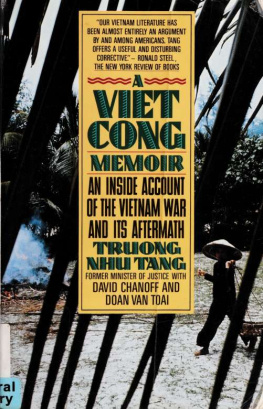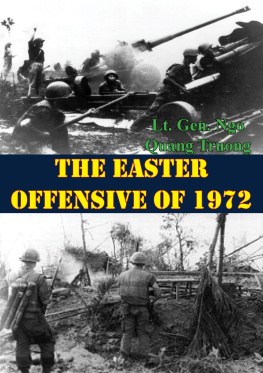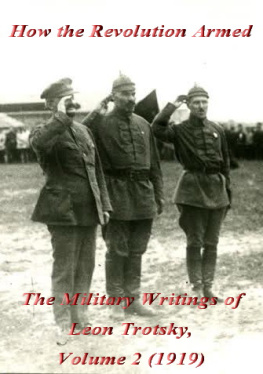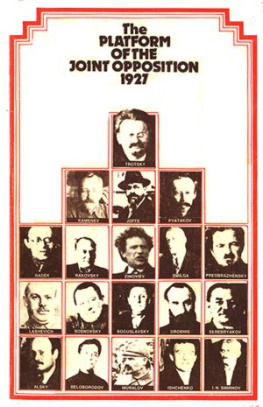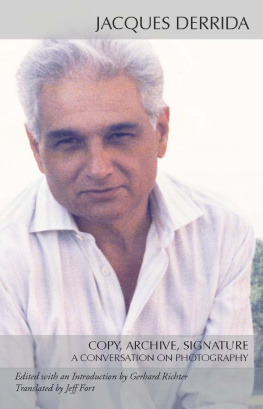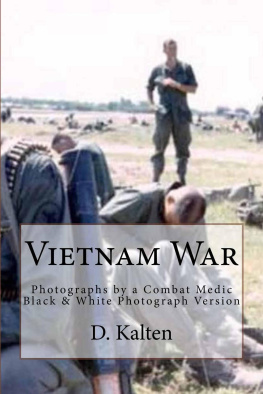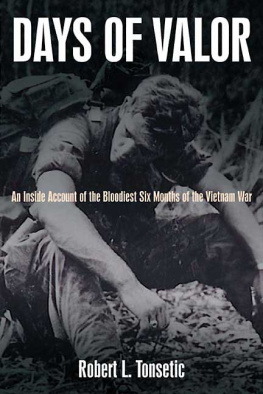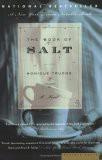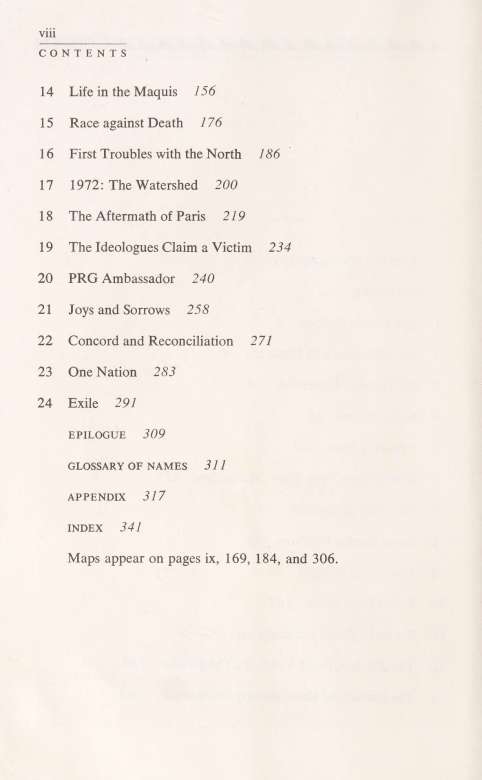This book made available by the Internet Archive.
To my mother and father.
And to my betrayed comrades, who believed they were sacrificing themselves for a humane liberation of their people.
Digitized by the Internet Archive in 2017 with funding from Kahle/Austin Foundation
https://archive.org/detaiis/vietcongmemoir00trng_0

Dienbienphu
G^f
'' y' Thanh Hoa
l7niFAiiAU.t.L Dl'MARi Alias List.
SOUTH
CHINA
Kontum
Pleiku
Phnom Penh
Bienhoa
j^'WingTki
MttKOSii
RfVtR
DFITA
0 50 100 km
CHINJI
Tinh Tuc
Vietnam
1954-1975
NORTH
LAOS
THAILAHO
CANBOOIA
'4


A Vietnam Vocabulary
Vietminh The resistance front against the French formed in 1941 by Ho Chi Minh. The term is short for Viet Nam Doc Lap Dong Minh, or Vietnam Independence League.
Vietcong A term used since the late 1950s and applied generally to the insurgent forces in South Vietnam; the fighting arm of the NLF. The name is short for Viet Nam Cong San, or Vietnamese Communist. Many of the non-Communist revolutionaries initially considered the term insulting.
NLF The National Liberation Front for South Vietnam. Established in 1960 as the formal organization of the South Vietnamese revolution.
PLAF Peoples Liberation Armed Forces. The NLF army.
Alliance of National, Democratic, and Peace Forces A Southern opposition front organization established under the auspices of the NLF in 1968.
PRG Provisional Revolutionary Government of South Vietnam. The Southern revolutionaries political organization, established as an alternative government in 1969.
DRV The Democratic Republic of Vietnam. The official name of North Vietnam. After the formal unification of North and South in 1976, the name of the country as a whole became the Socialist Republic of Vietnam.
NVA The North Vietnamese Army. Officially it was known as the Peoples Army of North Vietnam, or PAVN.
Lao Dong The Vietnamese Communist Party. Literally, the Vietnamese Workers Party (Dang Lao Dong Viet Nam). The Communist Party assumed the name in 1951, six years after it was ostensibly disbanded by Ho Chi Minh. In 1976 the name was changed officially to The Communist Party.
Xll
A VIETNAM VOCABULARY
COSVN Central Office South Vietnam. The Lao Dong (Communist Party) headquarters branch for most of South Vietnam.
GVN Government of Vietnam. The common term for South Vietnams government. Officially, the South was called the Republic of Vietnam.
ARVN Army of the Republic of Vietnam.
FCP The French Communist Party.
PRC The Peoples Republic of China.
ICC The International Control Commission. A three nation group (Canada, India, and Poland) set up by the Geneva agreement in 1954 to monitor the armistice. In 1973 the Paris Accords established a similar four nation group.
Foreword
These memoirs are the story of my life as a revolutionary. There is little in them about some of the Vietnam Wars events best remembered in the West: the clash of arms at Khe Sanh, the surprise offensive of Tet Mau Than, the POWs, or the last American helicopters darting from the embassy roof as Saigon fell to the North Vietnamese army. There is, I know, a great deal of interest in the military side of the war. But that was not my side. I was never a warrior and took no part in what we called the Dau Tranh Vu Trang (the Violence Struggle), though in the course of things I experienced a fair share of violence myself, in prison and in the jungle under the great B-52 deluges of 1969 and 1970. My own role as a Vietcong urban organizer, then as a cabinet member, was narrowly defined, and in the nature of our struggle I kept (and was kept) away from the dimensions of confrontation that did not closely concern me.
But there was another side of the war as well, one that the Vietnamese revolutionaries considered primarythe political side. My own direct involvement, over almost two decades, was on this front. For years I lived a double (occasionally a triple) life in Saigon, proselytizing and organizing for the revolution among Saigons upper classes and youth. After my imprisonment and eventual exchange, I lived in the jungle, at the headquarters of the Provisional Revolutionary Government (whose minister of justice I was), thenbriefly as a diplomat visiting Eastern Europe and Third World countries.
Because my view of the Vietnam War is a partial one, the picture I can draw of the revolution needs to be filled out by other accounts: from those who were involved in areas of the political arena different from mine, and of course from those whose memoirs and histories
XIV
FOREWORD
might candidly illuminate the military side of the conflict. Unfortunately, given the compulsion in present-day Vietnam to keep history the handmaiden of ideology, prospects for such memoirs and reports ever emerging from my country are not bright. Still, it is only through understanding the Vietnamese who fought on the other side that Americans will have anything like a complete portrait of a war upon which they have been reflecting so deeplythe only war they have ever lost.
The West knows, I think, extraordinarily little about the Vietcong: its plans, its difficultiesespecially its inner conflicts. The circumstances of war and the great care taken to conceal its workings combined to mask the revolution in secrecy. But the Vietcong was no monolith; the motives of its members often clashedviolently. And many of us who composed its political core have felt that its goals were, in the end, subverted. The human motives, the internal struggle, the bitter resolutionthese are the things I have attempted to record here.
Tr. N. T. Paris, 1984
' V" :.^f' 'K


m- '
^ i '\i' !r-f-5'
fci.f l -A*" ifr
ti? ' * ( .j . ,-'
t ii<^-, . ' ?.^*j4*..- '".w 'f''^''^< ' '
Bifi J'v V


